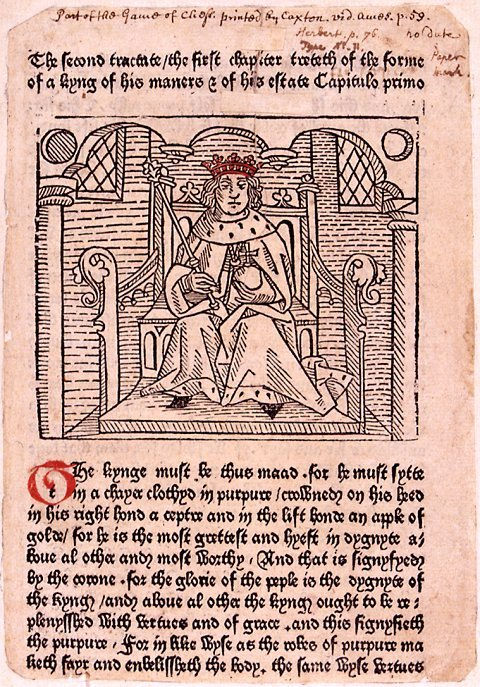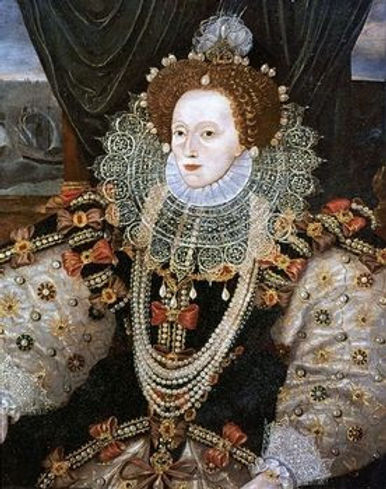Early Modern English
The Early Modern English era started in the year c.1500- c. 1800. By this time the English language was already considered a sophisticated language, the university of Cambridge was already existing and the hundred year war was over.

The first most relevant event that took place in the Early Modern English was the Great Vowel Shift. This event would help differentiate the language from Old times to the most recent time. The cause now-a-day is still being debated but the primary reason was the multi-cultural influences. The English language was influence a lot in the Middle era from the French, German and Spanish language that a change was needed to the language. The following picture will show of what the Great Vowel Shift consisted in.
The next important event that took place in the early modern English was another innovation in the English vocabulary in the English Renaissance. The Renaissance took place in the 16th and 17th century and it is also known as the Elizabethan Era or the Age of Shakespeare. This innovation in vocabulary had nothing to do with more influences from other languages, this was a time where the English language wanted to become more like an educational language, so a huge number of classical words were borrowed from the Latin language translated to the English language.
One fun aspect of this vocabulary is that scholars tried to adopt Latin so much that their way of speaking was awkward, so there was a term created for those scholars and it was inkhorn.


The last important event that took place in the Early Modern English era was the printing press and Standardization. The printing press was introduced by William Caxton in the year 1476, but Johann Gutenberg invented it back in 1450 in Germany, so you could say the England implemented this idea. William Caxton was the first man that wrote the first book of England, the name of the book was "The Recuyell of the Historyes of Troye". This event blew up and continue printing books for the next 150 years. According to the page of "history-of-english.com", it mentions that the ranging of books went from mythical tales and popular stories to poems, phrases books, devotional pieces and of course grammar.
One last aspect of this event was when the development of five different dialect divisions in England: Northern, West Midlands, East Midlands, Southern and Kentish. This cause a huge variety of different spellings, an example of such word is church which have 30 different ways of being spelled.